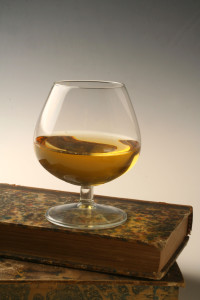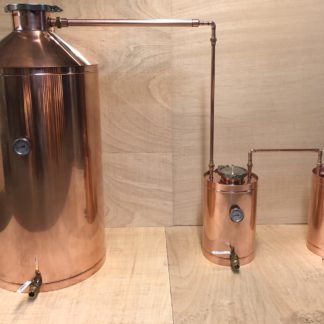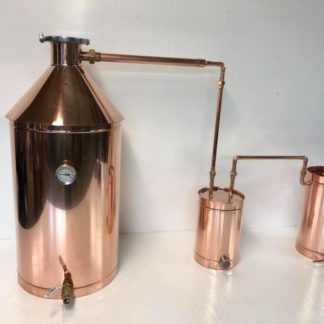 Moonshine, when it’s made properly, should be clear as water. However, some people may experience a haze-like cloud when producing moonshine. This naturally raises concern among amateur and seasoned ‘shiners’ alike. After all, it’s no secret that traditional moonshine looks like water. So, what causes some batches of shine to have a cloudy tint? And is it safe to drink? To learn the answers to these questions and more, keep reading.
Moonshine, when it’s made properly, should be clear as water. However, some people may experience a haze-like cloud when producing moonshine. This naturally raises concern among amateur and seasoned ‘shiners’ alike. After all, it’s no secret that traditional moonshine looks like water. So, what causes some batches of shine to have a cloudy tint? And is it safe to drink? To learn the answers to these questions and more, keep reading.
Minerals From Tap Water
One of the most common causes of cloudy moonshine is from minerals found in tap water. Although you can’t see them with the naked eye, tap water contains dozens of different minerals, chemicals and compounds. The Environmental Protection Agency (EPA) allows places a limit on the concentrations of certain impurities in tap water. Even if the levels are safe and well within the limits set by the EPA, they may still have an effect on your moonshine, essentially changing it from clear to a cloudy, murky tint.
If you believe mineral-rich tap water is causing your moonshine to turn cloudy, you should try swapping it out for distilled water. Distilled water is made in a similar way as moonshine; water is heated to the point where it evaporates, at which point the water vapor condenses back into liquid form. The final product is a clean, filtered water without minerals or other impurities. You can purchase distilled water from most grocery stores and supermarkets.
Too Hot
Another potential reason why your moonshine is cloudy is because you’re cooking it too high. Ideally, the temperature of your moonshine cook should fall somewhere in the 173-185 degree Fahrenheit range. Allowing your temperature to go beyond this range increases the chance of burning, which can affect both the flavor and tint of your shine. The bottom line is that you must keep your temps within the appropriate range to ensure your moonshine is clear and tastes right.
Corn Oils
Of course, there’s always a possibility of corn oils causing your moonshine to turn cloudy. Farmers oftentimes spray their corn crops with pesticides and/or growth hormones, some of which may carry over to your shine. Unfortunately, there’s no way to determine whether or not your corn is covered in oil. However, you can wash your corn before adding it into your moonshine mash to help clean off any hidden oils or compounds.


